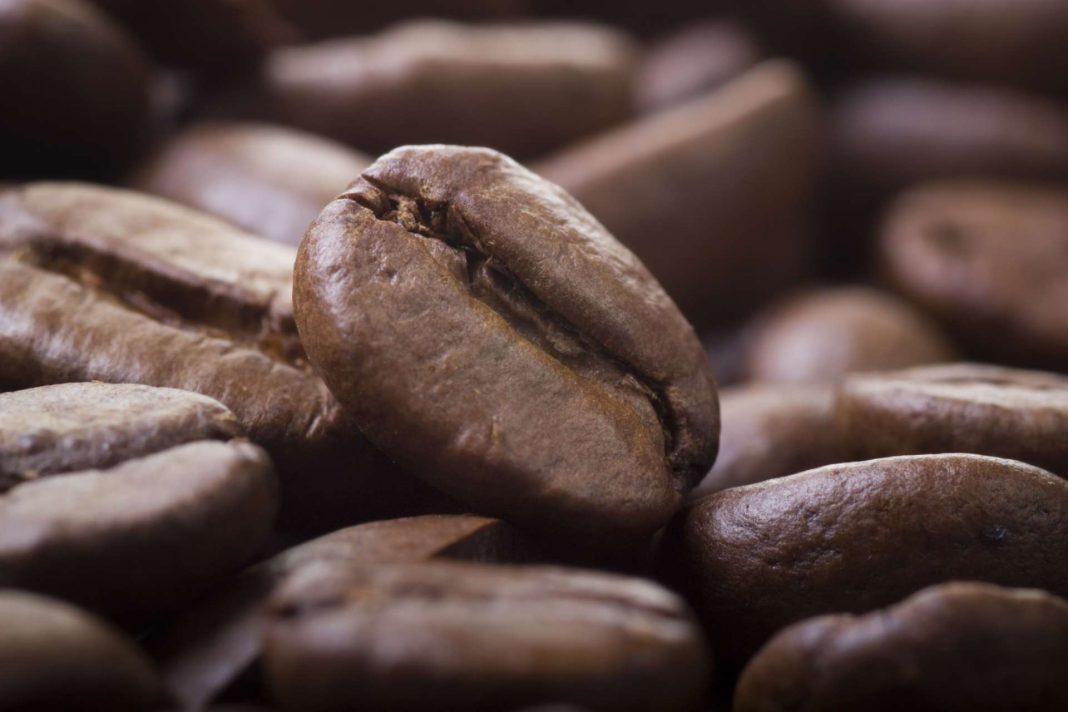For decades, coffee has been more than just a crop in Liberia, it has been part of the country’s heritage and an important contributor to rural livelihoods.
Once a key export commodity, coffee production has dwindled over the years due to weak extension services, outdated farming practices, and limited access to improved technologies.
Smallholder farmers, who form the backbone of Liberia’s agricultural economy, have struggled to meet both household needs and market demand.
Yet, coffee still holds enormous potential. Experts believe that with the right support, smallholder farmers can transform the sector into a driver of inclusive growth.
The introduction of climate-smart agroforestry and intercropping systems offers a pathway to higher yields, healthier soils, and diversified incomes—all while strengthening resilience against climate change.
It is against this background that IITA–CGIAR, through the European Union (EU)-funded Seeds4Liberia Project, convened a four-day Training of Trainers (ToT) workshop in Suakoko, Bong County.
This is following a seedling distribution exercise in April this year, as part of IITA-CGIAR’s broader agenda to empower farmers, improve seed systems, and drive economic growth through strategic crop value chains.


